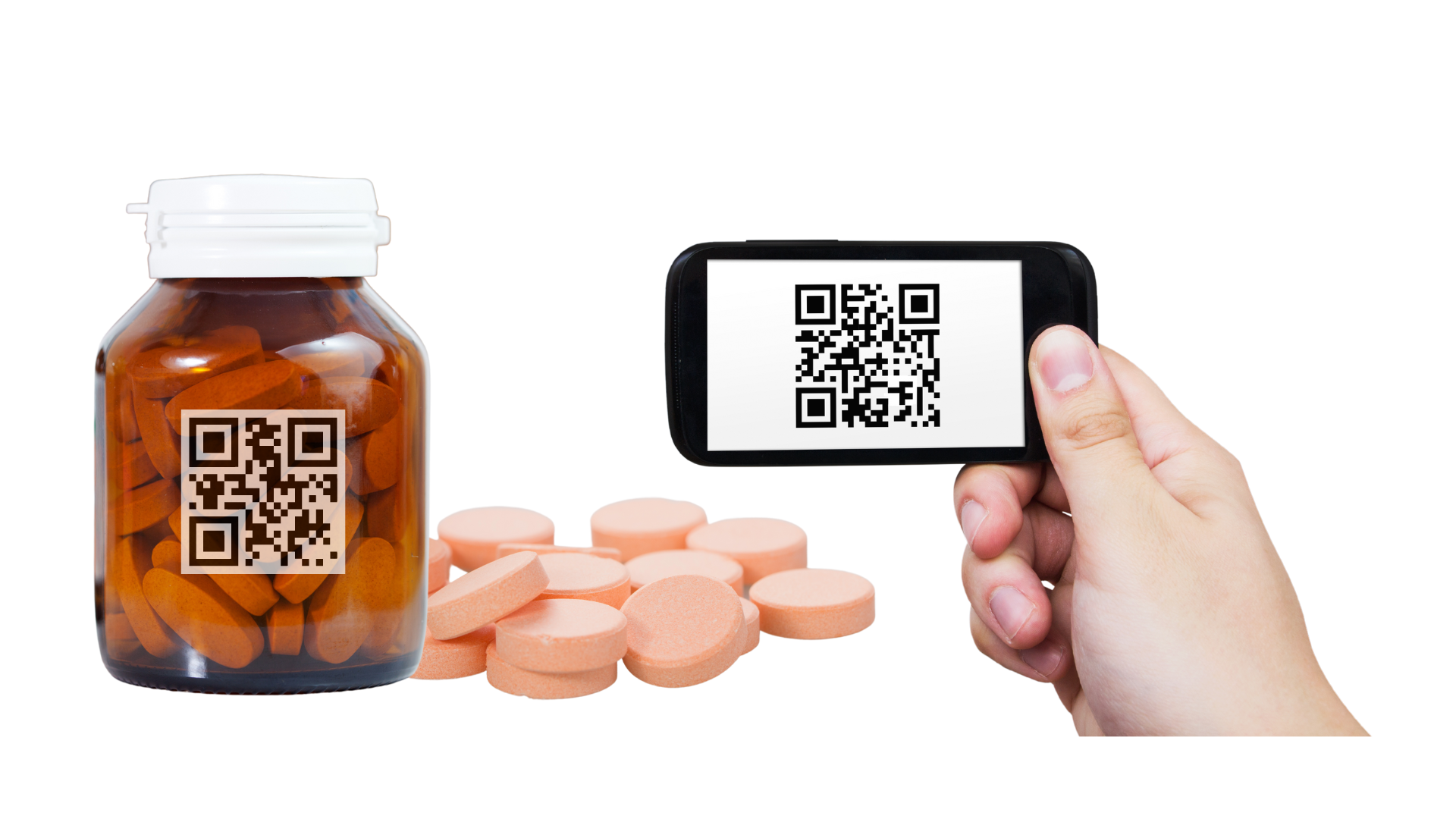Counterfeit drugs pose a severe global threat to public health and the well-being of patients while causing billions of dollars in losses to the pharmaceutical industry. According to the World Health Organization, 1 in 10 medical products in low- and middle-income countries is substandard or fake. In India, media reports suggest that 20-30% of the drugs sold may be spurious, but this data is not scientifically confirmed. To ensure the integrity of drugs and prevent counterfeit medicines from reaching consumers, regulatory agencies and the pharmaceutical industry along with solution providers are developing regulations for serialization worldwide.
In India, regulatory agencies are considering various options to secure the pharmaceutical supply chain, such as introducing barcodes and QR codes for API and drug products at different levels of packaging and proposing a National Drugs Database. As early as 2011, the Directorate General of Foreign Trade initiated the process of serialization for exports by passing a regulation requiring all drug exporters to implement serialization and track-and-trace at the primary, secondary, and tertiary levels of packaging. The implementation of this regulation began in 2011 at the tertiary packaging level, followed by the secondary packaging level in 2013 and the primary packaging level in 2015.
The implementation of the Track and Trace system for the export of drug formulations has been extended by the DGFT until March 31, 2023, with regard to maintaining the Parent-Child relationship in packaging levels and uploading it on the Central Portal for both SSI and non-SSI manufactured drugs. The QR code system for APIs manufactured or imported into India became effective on January 1, 2023, while the introduction of the QR code system in the 300 most popular branded drugs will occur on August 1, 2023, representing progress toward regulating domestically marketed drug products. This pilot program for the 300 branded drugs aims to be extended to other drug products marketed in India.
While the marking of individual containers or packages with unique serial numbers is a significant stride in the right direction by the Indian regulators to prevent counterfeits, it may not by itself control counterfeit drugs. However, interlinking all the associated product and manufacturer information in the supply chain, once the majority of the industry is equipped to label individual containers using unique identifiers at the product and container level, will be the next important step in combating counterfeiting. In addition, the Drugs Controller General (India) has established a committee to establish a comprehensive National Drugs Database containing information on every drug formulation manufactured or marketed in India, including details on dosage form, potency, manufacturer/marketer/importer, etc.
The use of blockchain technology in conjunction with a nationalized database could be the key to controlling counterfeit drugs in the supply chain. Blockchain creates a tamper-proof and indisputable record of all transactions on blocks, making it almost impossible to circulate fake drugs. Any transfer of medicines from one party to another can be visible to all authorized members and traceable in real-time, while consumers can verify the authenticity of purchased medicines by scanning a QR code or barcode and quickly accessing relevant manufacturer information.
In conclusion, when the current proposed system is implemented and fully functional, all API manufacturers will label individual containers with QR codes bearing unique product identification codes and container-specific serial numbers, and drug product manufacturers will label primary, secondary, and tertiary packs with barcodes or QR codes, including unique serial numbers. The national database for all drug products manufactured/marketed in India will be fully available for reference by all stakeholders, and all drug formulations exported will be uploaded to the iVEDA portal, maintaining the Parent-Child relationship in packaging levels. In the future, a blockchain-enabled system with procedures to verify and validate uploaded information at every step in the supply chain may be possible, helping to identify and control counterfeit drugs at the point where they enter the supply chain. Codentrix is offering a comprehensive end-to-end solution for Pharma API and Formulation companies to meet the CDSCO mandate for QR codes.

